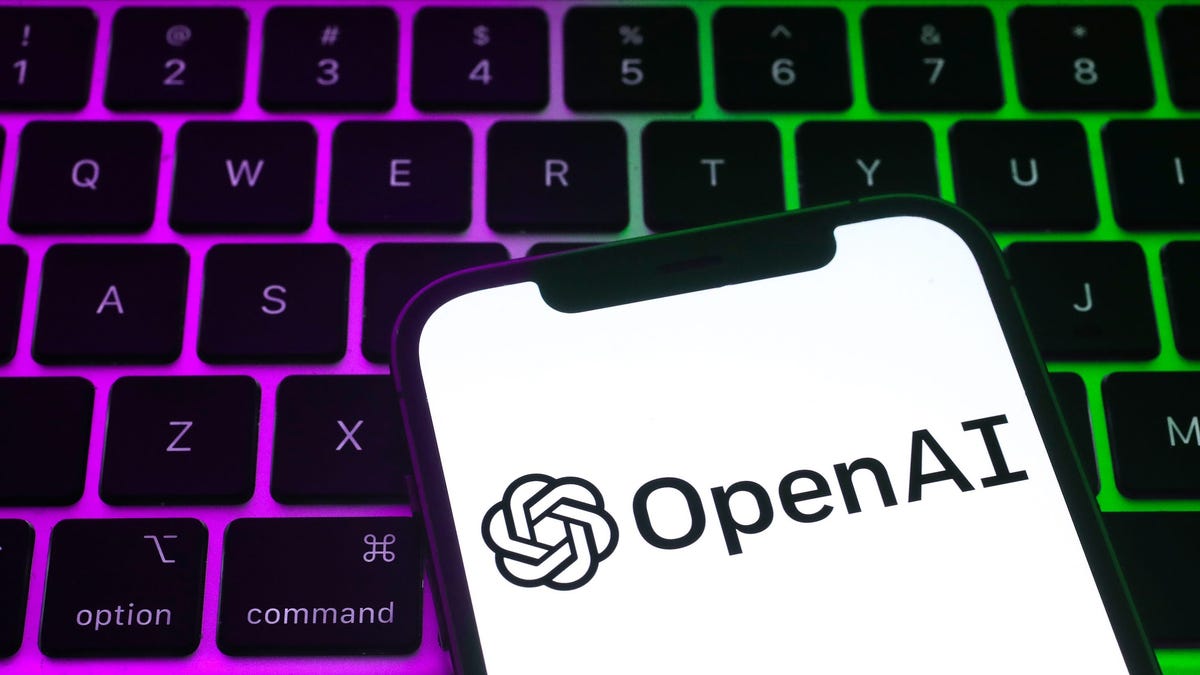Tech
What is Sora? Account creation paused after high demand of AI video generator

OpenAI used publicly available data, proprietary data from partners and human data to train Sora, a new video generator.
What Is Chat GPT-4o?
OpenAI has unveiled GPT-4o, an enhanced iteration of the GPT-4 model that powers ChatGPT.
unbranded – Newsworthy
A new artificial intelligence-driven video generator launched on Monday and due to high demand, it is temporarily unavailable to new users.
On Monday, OpenAI, parent company of software like ChatGPT and photo generator DALL-E, launched Sora, an artificial intelligence video generator. The software allows users to create “realistic videos” from text, photos and other videos.
As of Tuesday morning, new Sora accounts could not be created, due to an influx established on Monday.
“We’re currently experiencing heavy traffic and have temporarily disabled Sora account creation,” a pop-up message read on the Sora website. “If you’ve never logged into Sora before, please check back again soon.”
An OpenAI spokesperson told USA TODAY on Tuesday that the company does not have specifics to share on the number of users who enrolled for Sora on Monday.
Looking to learn more? Here’s what to know about Sora, OpenAI’s new video-generating software.
How does Sora work?
Sora is a diffusion model, meaning it “generates a video by starting off with a base video that looks like static noise and gradually transforms it by removing the noise over many steps,” according to OpenAI. Like DALL-E, Sora uses the “recaptioning technique” to take descriptive text captions for visual data training. As a result, the software is able to follow a user’s text instructions “more faithfully.”
Sora can generate video from text instructions and existing images and video. For example, Sora is able to take an existing video and fill in missing parts or extend an ending that may not have previously been there.
According to OpenAI, Sora is capable of generating videos up to 1080p resolution in widescreen, vertical and square aspect ratios. Videos can be up to 20 seconds long.
How did OpenAI ‘train’ Sora?
All artificial intelligence software must be “trained” in order to learn its function. According to OpenAI, publicly available data from the internet, non-public proprietary data from partners and human data (feedback from users) were used to train the video-generating software.
How much does it cost to use Sora?
Sora is only available to ChatGPT Plus and Pro members. A ChatGPT Plus membership is $20 per month and a Pro membership is $200 per month. Sora is also only available to adults 18 and up, according to OpenAI.
ChatGPT Plus and Pro members can create up to 50 Sora-generated videos at 480p resolution each month or fewer videos at 720p resolution each month.
Take a look at early Sora videos
Sora videos posted to X this week have ranged from video game-style point-of-views to surrealist artwork. Take a look at some of the early content shared:
How OpenAI hopes to mitigate potential abuse
Artificial intelligence has long been criticized for how it can be abused, pointing to real-life examples like the deepfake of President Joe Biden telling Americans not to vote and sexually explicit AI-generated deepfake photos of Taylor Swift.
On its website, OpenAI says it understands these risks and has implemented safety mitigations. These include age gating access to adults 18 and up, restricting the use of likeness and face uploads, and “having more conservative moderation thresholds on prompts and uploads of minors at launch.”
All Sora-generated videos will also come with C2PA metadata, which will identify the content as coming from the software, and visible watermarks, OpenAI states.
What is OpenAI?
Launched in 2015 by tech moguls including Elon Musk, OpenAI is an artificial intelligence research organization. OpenAI launched ChatGPT in November 2019 and DALL-E in January 2021.
Contributing: James Powell and Julia Gomez
Greta Cross is a national trending reporter at USA TODAY. Follow her on X and Instagram @gretalcross. Story idea? Email her at gcross@gannett.com.








